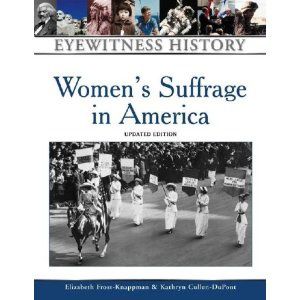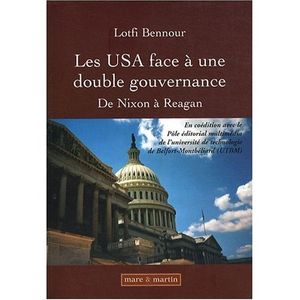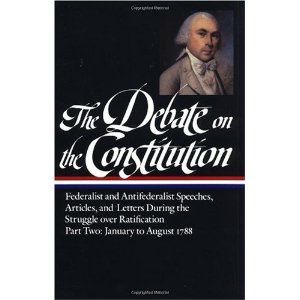Certains textes sont marquants dans l'Histoire constitutionnelle américaine. Le XIe Amendement en fait partie.
Il concerne les procès contre les Etats et est symbolique du rapport entre Etat et Union au lendemain de la ratification du texte constitutionnel.
pour plus d'éléments on peut consulter :
Ouvrages:
Maeva Marcus, James R. Perry, The Documentary History of the Supreme Court of the United States, 1789-1800: Suits against states, Volume 5 de The Documentary History of the Supreme Court of the United States, 1789-1800, Columbia University Press, 1995, 686 p.;
Melvyn R. Durchslag, State sovereign immunity: a reference guide to the United States Constitution, Greenwood Publishing Group, 2002, 176 p.;
Clyde Edward Jacobs, The Eleventh amendment and sovereign immunity, Greenwood Press, 1972, 216 p.;
John V. Orth, The judicial power of the United States: the eleventh amendment in American history, Oxford University Press, 1987, 231 p.
Articles,
Erwin Chemerinsky, « The Hypocrisy of Alden v. Maine: Judicial Review, Sovereign Immunity and the Rehnquist Court », Loyola of Los Angeles Law Review, 33, 2000, 1283-1308;
Erwin Chemerinsky, « State Sovereignty and Federal Court Power: The Eleventh Amendment after Pennhurst v. Halderman », Hastings Constitutional Law Quarterly, 1985, vol. 12, 643-668 ;
Jesse H. Choper, John C. Yoo, « Who’s afraid of The Eleventh Amendment? The Limited Impact of The Court’s Sovereign Immunity Rulings », Columbia Law Review, vol. 106, 213-261,
Bradford R. Clark, « The Eleventh Amendment and the Nature of the Union », Harvard Law Review, juin 2010, vol. 123, 8, 1817-1918;
William A. Fletcher, « A Historical Interpretation of the Eleventh Amendment: A Narrow Construction of an Affirmative Grant of Jurisdiction Rather than a Prohibition Against Jurisdiction », Stanford Law Review, 1983, vol. 35, 1033-1063 ;
William D. Guthrie, « The Eleventh Article of Amendment to the Constitution of the United States », Columbia Law Review, vol. 8, 3, Mars 1908, 183-207;
James E. Pfander, « History and State Suability: An “Explanatory” Account of the Eleventh Amendment », Cornell Law Review 1998, vol. 83, 1269-1352;
LeRoy G. Pilling, « An Interpretation of the Eleventh Amendment », Michigan Law Review, vol. 15, 6, avril 1917, 468-477;
Mark Strasser, « Chisholm, The Eleventh Amendment, and Sovereign Immunity: on Alden’s return to Confederation principles », Florida State University Law Review, 2001, vol. 28, 605-648 ;
A. H. Wintersteen, « The Eleventh Amendment and the Nonsuability of the State », The American Law Register (1852-1891), vol. 39, 1, 1-15.

/image%2F1445356%2F20150613%2Fob_7dc93f_declaration-independence-70222-1.jpg)








